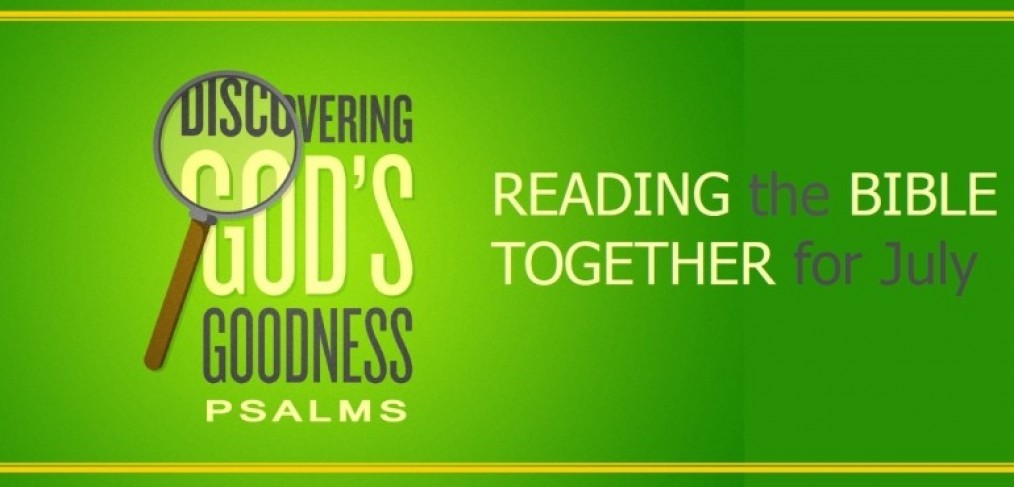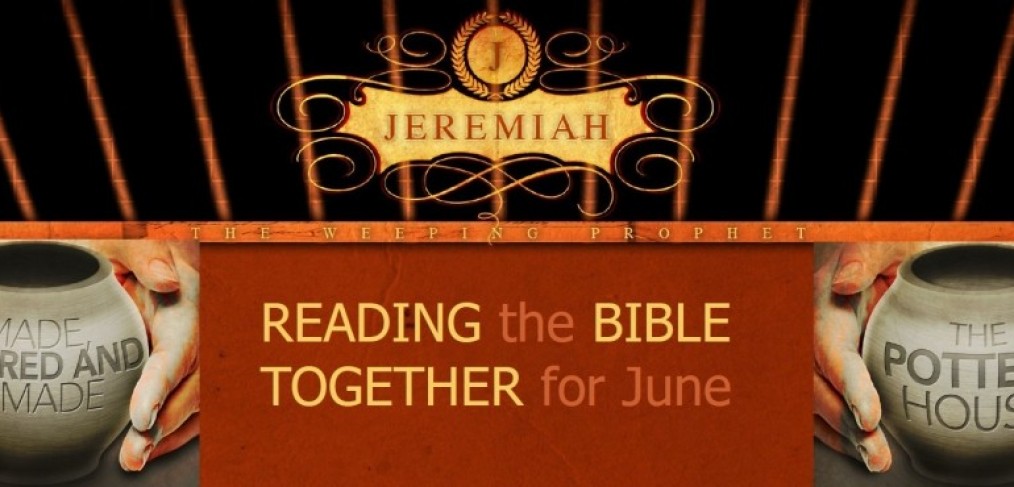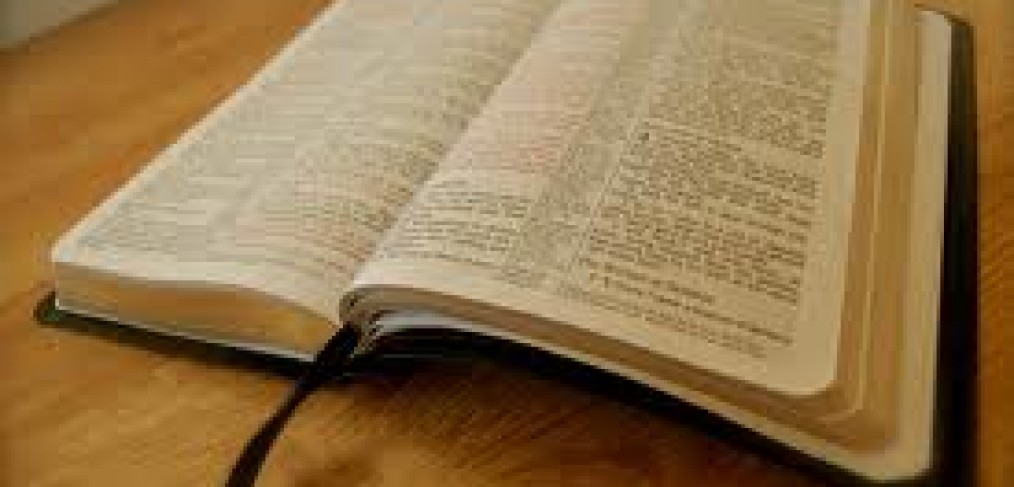The Release International Support Group meets on the last Tuesday of the month. The next meeting is on Tuesday 27th August in the small hall at 7pm to write letters and to pray for the persecuted church.
All welcome to attend. The meeting lasts just 1 hour.
Who Wrote The Book?
Psalms, a collection of lyrical poems, is one of only two Old Testament books to identify itself as a composite work containing multiple authors (Proverbs is the other). Some psalms name their author in the first line or title
Where Are We?
Individual psalms were written as far back in history as Moses’s time, through the time of David, Asaph, and Solomon, to the time of the Ezrahites who most likely lived after the Babylonian captivity, meaning the writing of the book spans one thousand years. Some of the psalms attributed to David have additional notations connecting them with documented events in his life.
The psalms are organized into five books or collections. They were probably collected gradually, as corporate worship forms developed along with temple worship. It is likely that by the time of Ezra, the books of the Psalter were organized into their final form. Each section concludes with a doxology, with the entire Psalter capped by Psalm 150, a grand doxology.
Why Are Psalms So Important?
The psalms comprised the ancient hymnal of God’s people. The poetry was often set to music—but not always. The psalms express the emotion of the individual poet to God or about God. Different types of psalms were written to communicate different feelings and thoughts regarding a psalmist’s situation.
Psalms of lament express the author’s crying out to God in difficult circumstances. Psalms of praise, also called hymns, portray the author’s offering of direct admiration to God. Thanksgiving psalms usually reflect the author’s gratitude for a personal deliverance or provision from God. Pilgrim psalms include the title “a song of ascent” and were used on pilgrimages “going up” to Jerusalem for three annual festivals. Other types of psalms are referred to today as wisdom psalms, royal psalms (referring to Israel’s king or Israel’s Messiah), victory psalms, Law psalms, and songs of Zion.
The RBT community group question sheet and also a full copy of David’s outline for Psalms can be found on the downloads page.
Key Truths:
• The people of Judah and Jerusalem deserved their exile to Babylon because of continuing sin.
• The temple in Jerusalem could not protect the Judahites from God’s judgment against them for their hypocrisy.
• False prophets proclaiming peace and safety must be rejected in favour of the message of the true prophets.
• The judgment of exile would be followed by a grand restoration under a new covenant.
Purpose and Distinctives:
Jeremiah’s message moves through phases that do not correspond exactly to the structure of the book.
(1) He called Judah to repent in order to avoid the judgment that would otherwise come (e.g., Jer 7:1-15).
(2) He announced that the time for repentance was past and that judgment was now determined against the people (see notes on Jer 19:10-11). Judgment is the dominant note in the book and is understood as the invocation of the final curse of the covenant; namely, loss of the promised land (Lev 26:31-33; Deut 28:49-68).
(3) The Lord would save his people, or a remnant of them, through the exile (see notes on Jer 24:4-7). Although the Babylonians would prevail over Judah at the Lord’s command, this would be for a limited time only. Babylon would fall in its turn (Jer 25:9,11-12), which occured in 539 B.C. to an alliance of Persians and Medes under Cyrus, paving the way for the exiles to return (Jer 50:3; 51:1, 27-28; 2 Chron 36:20-23). This was Jeremiah’s answer to the false prophets who had continually challenged his message of judgment (Jer 28:2-4).
The RBT community group question sheet and also a full copy of David’s outline for Jeremiah can be found on the downloads page.
Purpose: To explain that David’s dynasty remained Israel’s hope for the future in spite of the curses that David and his house had brought on the nation
Key Truths:
• God wanted his people to have the king he would choose.
• God carefully prepared the way for the king of his choice.
• God chose the house of David as the royal family forever.
• Despite the weakness of David’s kingdom, the hope for God’s people still remained in his family.
Purpose and Distinctives:
It was during the latter half of the eleventh century B.C., a time when the empires of the ancient Near East were not at full strength, that God transformed Israel from a loosely knit tribal confederacy into a united monarchy. Although the institution of the monarchy marked a significant political and religious development, it was not a new idea in Israel. A fundamental tenet of Israelite faith was that the Lord himself was Israel’s sovereign. Nevertheless, the opening books of the Bible contain various indications that Israel, in accordance with the divine will, would one day have a human monarch, Moses anticipated a time when Israel would be settled in the land of promise and would desire a king, and he gave instructions to regulate kingship at such time as the monarchy would be instituted. This time period is the subject of the book of Samuel.
The RBT community group question sheet and also a full copy of David’s outline for 1st Samuel can be found on the downloads page.
We have recent newsletters from Marsali Campbell of Dwelling Places in Kampala, Uganda and also from Dwelling Places itself. Marsali is back in the UK for a few months doing extensive deputation work talking about all she does at Dwelling Places. Marsali will be speaking at Smithton on Wednesday evening 15th May.
[button type=”churchope_button” url=”http://smithtonchurchmedia.com/downloads/marsalinews.pdf” target=”” ]Download Marsali’s Latest Newsletter – April 2013[/button]
[button type=”churchope_button” url=”http://smithtonchurchmedia.com/downloads/DwellingPlaces.pdf” target=”” ]Download Dwelling Places Newsletter – March 2013[/button]
Author: Moses
Purpose:
To affirm the divine authority of Moses’ leadership and of covenant law and worship regulations
Key Truths:
The Lord authorised Moses as Israel’s leader to bring the blessing of deliverance from Egypt.
The covenant laws given by Moses were divinely authorised to lead to blessings for God’s people.
Moses’ regulations for worship at the tabernacle were divinely ordained to lead to blessings for God’s people.
Purpose and Distinctives:
The book of Exodus has several major themes. First, it tells how the Lord liberated Israel from Egypt to fulfill his covenant with the fathers. A second major element of the book is the covenant revelation at Sinai. The third theme is a result of the first two: the establishment of the tabernacle as God’s dwelling with Israel. Each of these themes is a triumph of God’s grace. The true God judged the gods and human rulers of Egypt as he delivered his people, came to speak with men at Sinai and identified his own presence with the tabernacle he instructed the people to build.
The RBT community group question sheet and also a full copy of David’s outline for Exodus can be found on the downloads page.
We have recent newsletters from Marsali Campbell of Dwellling Places in Kampala, Uganda and also from Alistair and Jenny Wilson in King William’s Town, South Africa;
[button type=”churchope_button” url=”http://smithtonchurchmedia.com/downloads/wilsons.pdf” target=”” ]Download The Wilsons’ Newsletter – January 2013[/button]
[button type=”churchope_button” url=”http://smithtonchurchmedia.com/downloads/marsalinews012013.pdf” target=”” ]Download Marsali’s Latest Newsletter – January 2013[/button]
Alex Macdonald, Minister of Buccleuch Free Church in Edinburgh, will be performing a charity fundraising concert at Smithon Church on Saturday 16th February at 7.30 pm. He will be playing songs from his latest album “A9”.
For more about Alex and his music vist his website.
Proceeds will go to a local project headed by Elsie Normington to provide respite care for parents of children with special needs.
We are delighted that new elders and deacons will be ordained during the morning service at Smithton on Sunday 13th January. The sermons both morning and evening will reflect the occasion.
Elders
Neil Angus
James Chalmers
Will Hardie
Iain MacKay
Bill Maclelland
Angus MacLeod
Donald Morrison
Vince Tough
Deacons
Douglas Campbell
Dave Crowe
Neil Fraser
John MacArthur
Alastair Matheson
Roddie Nicholson
Here are just some pointers as you read the Psalms;
- Always read the whole Psalm, they are to be taken as complete units.
- They are poems and Hebrew poetry often repeats the same thing within the Psalm for effect.
- Try to personalise them, e.g. Psalm 51.
- Look for theology, e.g. Psalm 16 – the resurrection.
- Christ is all over the Psalms – this part of your questioning will be extremely rich.
- They are primarily songs so why not sing them to yourself or with others!
- Read them differently to narrative – e.g. meditate on the truths as Psalm 1 suggests.
- Try to note if they are laments or songs of praise, each one will vary.
- Try to get them into New Testament perspective, especially the imprecatory psalms e.g. Ps 69: 22-29. The nature of the warfare of the people of God has changed, we pray against the spiritual forces of evil in the heavenly realms.
- Remember that these are the songs Jesus sang.
The most valuable thing the Psalms do for me is to express the same delight in God which made David dance. – C.S. Lewis









